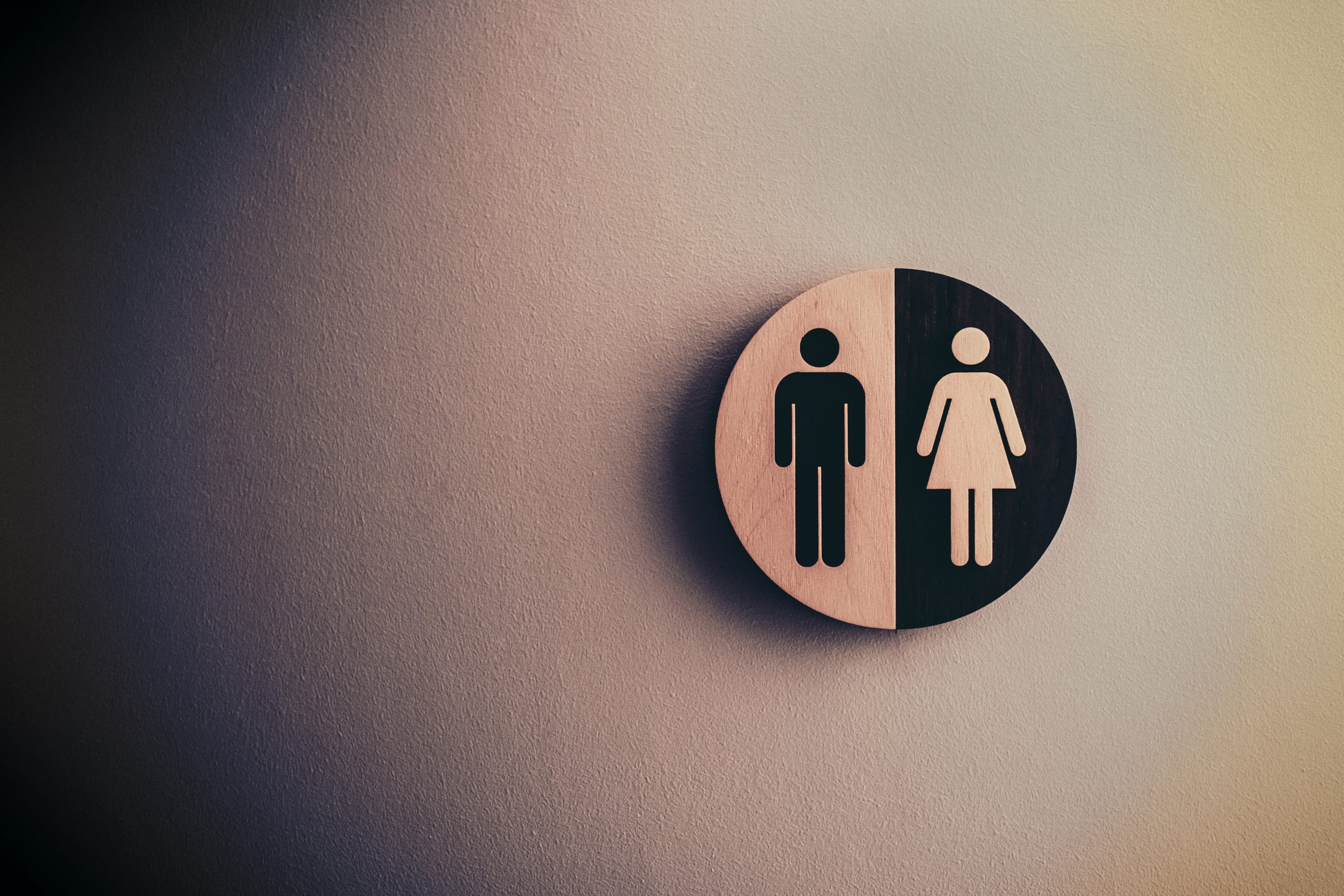INTERNATIONAL Equal Pay Day, observed on September 18th, marks a significant step in the ongoing endeavour to realize equal compensation for work of equal worth. This global initiative aligns with the United Nations‘ unwavering commitment to upholding human rights and eradicating discrimination, especially against women and girls.
The gender pay gap
Despite the progress in gender equality, the gender pay gap remains a glaring issue worldwide. On a global scale, women earn significantly less than their male counterparts, with the gender pay gap estimated at around 20 per cent. This pay gap is a stark reminder of the entrenched disparities that hinder gender equality and limit the potential of women and girls.
Efforts to bridge this gap have progressed at a sluggish pace. On International Equal Pay Day it is important to say that there is unanimous support for equal pay regardless of gender; translating this principle into action remains a formidable challenge.
On International Equal Pay Day, it is important to reiterate that the gender pay gap is not merely a result of contemporary workplace dynamics but is deeply rooted in historical and structural imbalances of power between men and women. Issues such as poverty, inequalities, and limited access to resources and opportunities continue to perpetuate these disparities. To achieve true gender equality, it’s imperative to dismantle these historical inequalities.
SDGs and equal pay
The Sustainable Development Goals (SDGs) are resolute in addressing the imperative of achieving gender equality and empowering all women and girls. The SDGs also emphasize the promotion of dignified employment and economic growth by advocating for comprehensive, productive work opportunities for women and men alike, encompassing young people and individuals with disabilities, while championing equal remuneration for commensurate tasks. International Equal Pay Day reminds everybody about the SDG commitments.
Achieving women’s economic empowerment demands a profound transformation of existing norms and structures to ensure that prosperity is distributed equitably, leaving no one marginalized. The global community has wholeheartedly embraced this mission through the 2030 Agenda for Sustainable Development. It is a fundamental human right that every woman should have the opportunity to engage in decent work, free from discrimination and with fair compensation. This right is not only about economic empowerment but also about creating a world where gender equality is a reality, not a promise for the future
Here are six essential steps that can help ensure equal pay and foster gender equality in the workplace:
Pass and enforce equal pay laws: Advocate for the passing and strict enforcement of laws and regulations that unequivocally support the principle of equal pay for equal work. Ensure that businesses take active measures to bridge the gender pay gap.
Support work-life balance: Implement paid parental leave and flexible work policies to accommodate diverse family needs. Encourage both public and private employers to strive for gender parity in hiring at all organizational levels.
Reduce unpaid work: Enact policies aimed at reducing and redistributing unpaid work, such as investing in the care economy and providing more paid job opportunities in this sector. Encourage men to participate equally in care and domestic work. Invest in essential infrastructure, like water, electricity, and transportation, to alleviate household labour burdens.
Eliminate discrimination: Take immediate policy actions to eliminate barriers that discriminate against female workers. Provide education and training opportunities that open doors for women in an evolving work landscape.
Promote gender diversity: Strive for gender parity in decision-making roles within trade unions, worker and employer organizations, and corporate boards. Encourage governments, employers, and organized workers to collectively champion the human and labour rights of all women workers.
Combat harassment and violence: Enforce stringent laws and policies to criminalize all forms of workplace harassment and gender-based violence. Collaborate with unions, employers, and informal worker advocates to ensure that all women are aware of their rights and can seek justice for any violations.
These steps collectively contribute to fostering an equitable work environment and addressing gender inequality, promoting a fair and inclusive workforce.
The pursuit of equal pay represents a pivotal achievement in the realms of human rights and gender equality. Yet, there remains significant work to be done to realize this aspiration. The United Nations, including UN Women and the International Labor Organization (ILO), extends a heartfelt invitation to Member States, civil society, women’s and community-based organizations, feminist groups, businesses, workers’ and employers’ associations, to join hands in advocating for equal pay for work of equal value and the economic empowerment of women and girls. This shared commitment underscores the global community’s dedication to breaking down barriers to equality and opportunity.
–
Give’s mission is to “make giving bigger and better.” Give is the most trusted donation platform in India for fundraisers and crowdfunding campaigns. Through our technology solutions, we enable individuals and organisations to fundraise and donate to a cause, charity or NGO with trust and convenience. Give’s community of 2.7M+ individual donors and 300+ organisations supports 3,000+ verified nonprofits with 80G deduction and serves 15M+ people across India. Find a fundraiser today!

Kumara was a professional journalist for over 15 years, with stints in The Telegraph and Reader’s Digest. He grew up hating maths and physics. He is a post-graduate in history. Kumara believes that cricket and Seinfeld have answers to most questions that life throws at you.
Discover more from
Subscribe to get the latest posts sent to your email.

